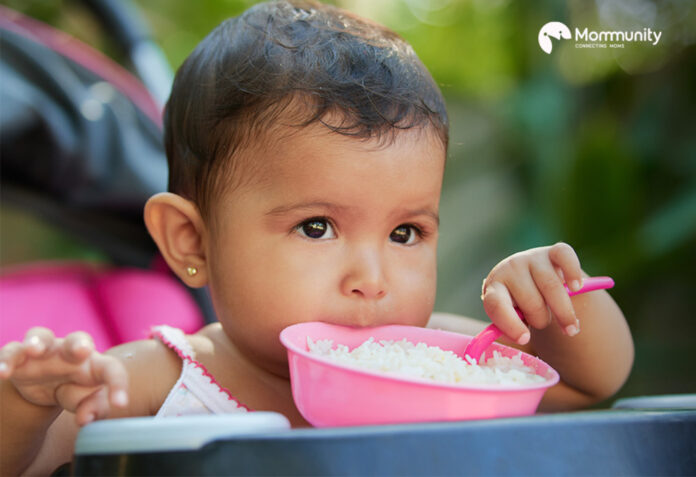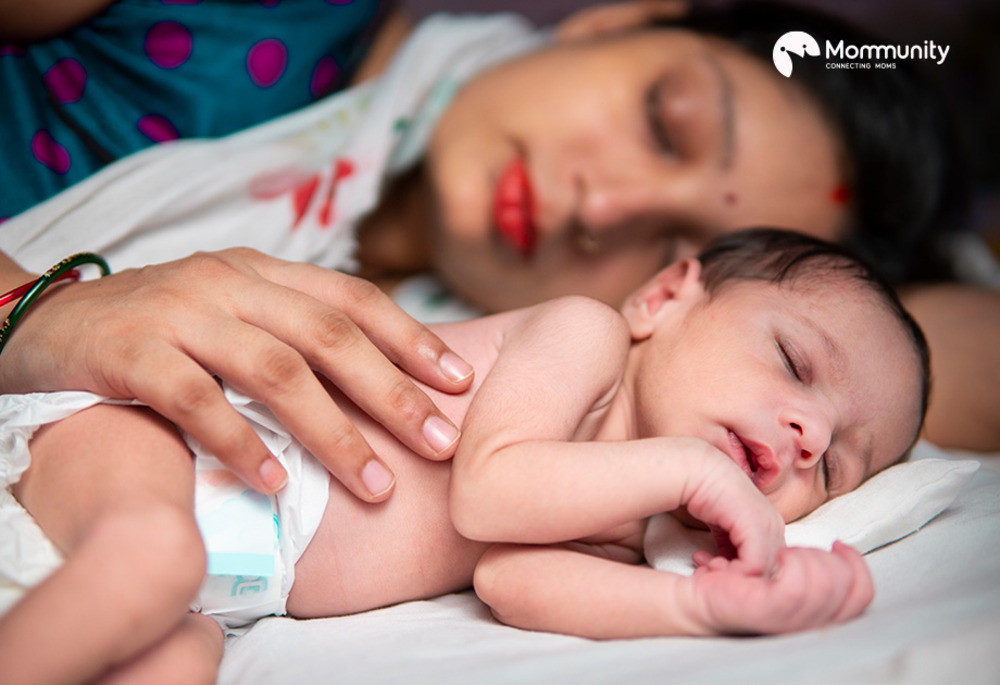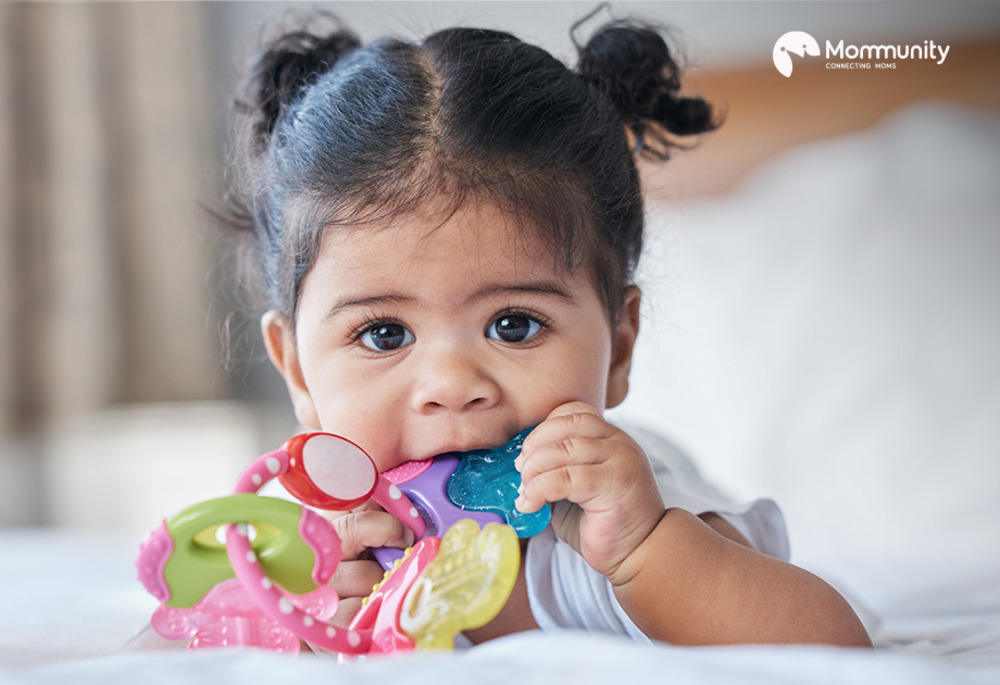Curious about the right time to start your baby on rice? Wondering if your little one is ready for this big milestone? Rice, is the main food for major places around the world. Rice is the first solid food parents consider introducing to their babies. But with so much conflicting information available online, it’s natural to think: when to start rice for babies?
This blog helps to clear the confusion of parents and provides a guide for introducing rice to your little one.
The Age Factor: 6 Months is the New Norm
Traditionally, you can feed rice cereal was introduced to babies as soon as 4 months old. But as per the recommendations from leading health organizations like the American Academy of Pediatrics (AAP) advise to wait until the baby turns around 6 months of age. Here’s why:
Developmental Readiness
At the age of 6 months, most babies show signs of being developmentally ready for solids. They are capable of holding their head steady, sitting with some support, and developing good coordination of their tongue and mouth for swallowing.
Nutritional Needs
Breast milk or formula milk is enough to provide all the nutrients a baby needs for the first 6 months. Introducing solids too early can replace this essential source of nutrition which is not good for a baby’s health.
Reduced Risk of Allergies and Intolerances
A delay in the introduction of food that may cause allergic reactions like rice may reduce the risk of developing allergies and intolerances later in life.
Signs Your Baby is Ready for Solids
While the 6-month-old serves as a general guideline, every baby develops at their own pace. There are a few key signs that your baby might be ready to explore the world of solid foods:
- Good head control and can sit with some support: This indicates strong neck muscles, crucial for swallowing safely.
- Shows interest in food: Reaches for your plate, watches you eat with fascination, or opens their mouth when offered a spoon.
- Loses the tongue-thrust reflex: This reflex pushes food out of the mouth, making it difficult for babies to swallow purees.
3 Other Key Factors Besides Age
While age is a crucial factor, it’s not the only one. Consider these additional points before introducing rice:
1. Weight and growth
If your baby isn’t gaining weight well, consult your pediatrician about starting solids earlier.
2. Exclusive breastfeeding
If your baby is exclusively breastfed, discuss solid food introduction with your pediatrician as breast milk may provide sufficient nutrients for a bit longer.
3. Family history of allergies
If there’s a family history of allergies, delaying the introduction of potentially allergenic foods like rice might be recommended by your doctor.
Smart Choices and Safe Prep for Baby’s First Rice
Once you’ve determined your baby is ready for rice, here’s what you need to know:
- Fortified Rice Cereal: Opt for iron-fortified rice cereal as iron deficiency concerns babies.
- Skip the Pre-sweetened Varieties: Added sugar is unnecessary and can develop unhealthy taste preferences in babies.
- Prepare it Right: Start with a thin, smooth consistency and gradually thicken it as your baby gets used to solids. Breast milk or formula can be used to thin the cereal initially.
- Beware of Arsenic: While rice is a healthy food, it can contain trace amounts of arsenic. Look for options labeled “low-arsenic” or choose other first foods like avocado or sweet potato.
Beyond Rice Cereal: Exploring a Variety of Textures and Flavors
Rice cereal, while a common starting point, shouldn’t be the only solid food your baby experiences. Here are some additional tips:
- Introduce a Variety of Foods: Expose your baby to different fruits, vegetables, and whole grains early on to develop a well-rounded palate and prevent picky eating habits later.
- Let Them Explore: Offer finger foods like steamed broccoli florets or ripe avocado slices to encourage self-feeding and develop hand-eye coordination.
- Focus on Freshness: Opt for fresh, homemade purees whenever possible. This ensures your baby gets the most nutrients and avoids unnecessary additives.
The Final Note
Introducing solids to your baby is an exciting journey, and knowing when to start rice for babies can make this transition smoother. By waiting until around six months and looking for developmental readiness, you can ensure your little one is ready for this big milestone.
Remember to consider additional factors like nutritional needs and family history of allergies. As you embark on this new phase, be patient and enjoy the process of discovering your baby’s preferences. With these guidelines in mind, you’ll feel confident in deciding when to start rice for babies, paving the way for a healthy and adventurous eater.




